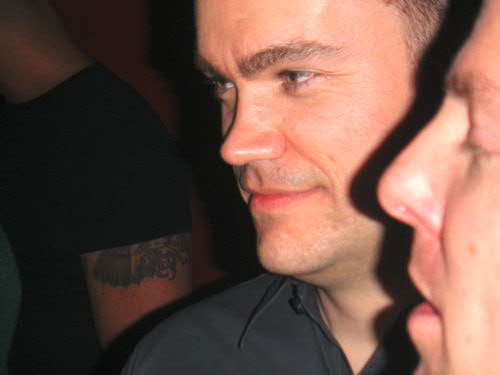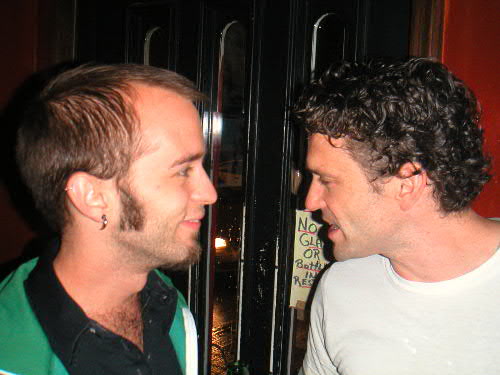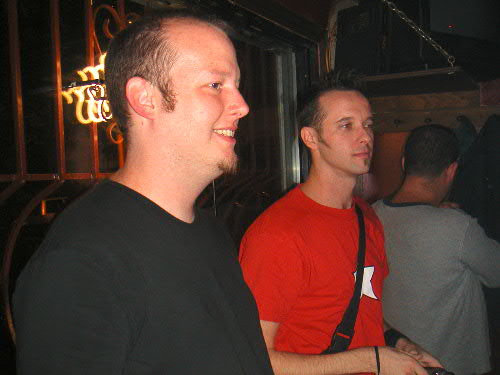Last September, for the first time in at least 326 years, but certainly much longer, the dreamers stopped coming to New York. The City was physically isolated for about 24 hours, beginning the morning of the eleventh.
No one arrived bearing that special unseen baggage, that carry-on, which in these cynical times in this often most cynical of cities is a tenderness regularly on display. The dream-bearers couldn't get in. First time ever. Probably since the original American Indian crossed the land bridge looking for who knows what: food, shelter, safety. Something better than what was. A dream.
The bridges, the tunnels and the airports were soon reopened, and the stories began all over again.
In the blackness after Sept. 11, there were many small miracles. Surely among the wonders were those who decided to come to this city anyway, to arrive schlepping that special piece of bound-for-New York luggage. On Sept. 12, the bridges and tunnels were slowly reopened; two days later, a few planes took off and landed. And, undoubtedly, well before the tourists began to trickle back in a tentative stream, some gutsy someone packed up a dream and brought it here.
I know one 23-year-old who came from New Mexico six weeks after the attacks, because, she says, that had always been her plan. Come to New York and take pictures and write. She admits she called a friend who lives here and asked if he thought it was safe.
"What's safe?" he asked.
That made perfect sense to her, so she got on a plane and came. Now she lives in Brooklyn across the street from a firehouse, and she has become friendly with the firefighters whose silent witness seems to her an explanation and a bridge to all that happened before she arrived.
A man of 30 tells me he's from a small town in Iowa and has been waiting to come to New York since he was 11 and realized that he was gay. Easier to come out here, he thought. His mother, a widow, had progressive multiple sclerosis, so he waited until she died and didn't need him. A computer programmer, he got a job with a dot-com connected to a fashion house. His plane ticket would have brought him here on the afternoon of 9/11. He came a week later, and still regrets that he was not here before it happened.
The dream continues, for the guy from Iowa and for all of us, including those not yet here and those who may never get here, but who still imagine the journey.
It has always been the lyricists who remind those of us who live here that we are inside the dream, populating the mirage.
"Another hundred people just got off of the train," Stephen Sondheim wrote in "Company," and we nod and indulge a secret smile, because we're the ones who stayed, came in our 20's or 30's and proved we can make it here, so we can make it anywhere: thank you, Messrs. Kander and Ebb. And the Bronx is up and the Battery's down, and New York, New York, is a wonderful town, as we know because Ms. Comden and Mr. Green told us. Born here or more likely brought here, we sucked in self-belief along with oxygen; that's the New York way. But it remained for this generation's balladeer, Bruce Springsteen, to sing of the boarded-up windows and empty streets in our city of ruins.
Not permanently, however. Among those first Americans, the wampum-makers, it was the custom after a battle to select a few defeated enemies as captives and bring them home to be adopted, replacements for fallen warriors. Such tactics can never heal individual wounds, but they do much for collective loss. Rise up, rise up, Springsteen admonishes the ruined city. Few of us doubt that the rising will happen.
How can it not? Another hundred people, another hundred dreamers, got off the train and the plane and the bus maybe yesterday.







